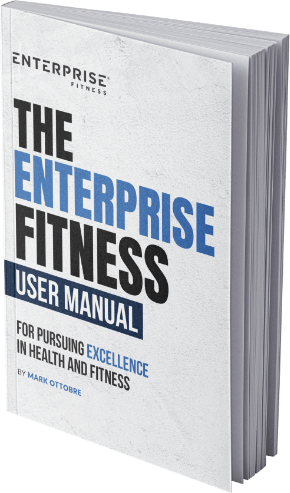It’s no secret, I am a big advocate of organic food and farming…
It has positive effects on our environment, local economies and health. But let’s start with looking at the arguments against buying organic produce and farming:
Cost…
- It’s no more ‘nutritious’ than non-organic food
- Organic can’t feed the world
I have found an effective way to save money on organic produce; buy direct from local farmers or farmers markets. Produce will vary in cost from season to season; but across the board you will save money compared to buying at a supermarket or fruit and vegetable store.

As for the ‘nutritious’ argument, that’s not the reason for buying organic. You buy organic food to avoid your food being loused and sprayed with pesticides and herbicides. Australia has good standards that regulate even non-organic produce. So if you are wanting to save money, buy the most sprayed crops organic. The Environmental Working Group (EWG) puts out a list each year called the dirty dozen. These are the foods and crops when measured have the highest residue or pesticides. You want to buy these items organic.
At the time of publishing, the top 5 foods you want to buy organic are:
- Strawberries
- Spinach
- Kale
- Nectarines
- Apples
Personally, I would add coffee to this list as it’s also heavily sprayed; and note, strawberries have been number 1 on the list for years.
You can get the full list of the dirty dozen here.
On the flip side; the EWG also compiled a clean 15 list. This is the top 15 foods that have the lowest amounts of pesticide residue. They are:
- Avocados
- Sweet Corn
- Pineapple
- Onions
- Papaya
- Sweet peas frozen
You can get the full list of the Clean 15 here.
These items are probably ‘ok’ not to buy organic if you’re wanting to save a few bucks.
One more thing, don’t fall for pseudo organic labels. There are only 5 boards that certify organic produce in Australia. They are:
- NASAA
- Australian Certified Organic (ACO)
- Organic Food Chain
- Bio-Dynamic Research Institute
- AUS-QUAL
If the product is imported, Australian Certified Organic (ACO) needs to recognise the organic status of the imported product or ingredients and stamp their approval. In other words, if your blueberries are from Chile and are certified with ‘certified organic’ or some other logo, it could very well be a made-up organisation so you would pay double.
With that said, one does need to recognise that the rest of the world have different standards and different organic certification bodies. For example, New Zealand organic products will often sport the logo of AsureQuality. Technically, in Australia, this isn’t recognised as organic, though New Zealand has excellent organic standards.
And beware, some companies even go as far as using the word ‘organic’ in the product name. As often you pay double for organic, to be on the safe side, I would stick to the Australian certified boards when purchasing organic.













